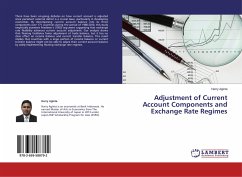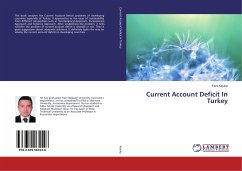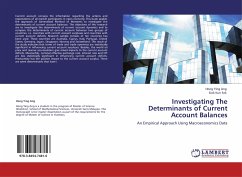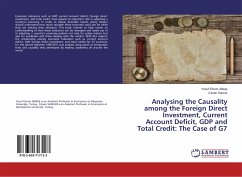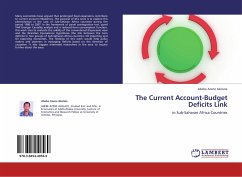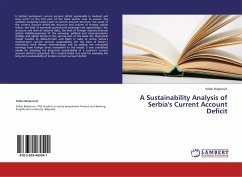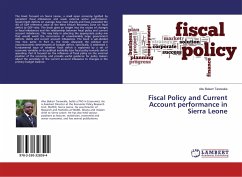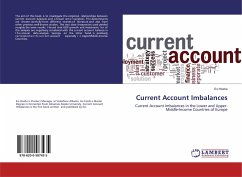There have been on-going debates on how current account is adjusted since persistent external deficit is a crucial issue, particularly in developing economies. By decomposing current account balance into its three components over 171 countries during the period of 1980-2010, this study empirically examines Friedman s (1953) argument suggesting that exchange rate flexibility advances current account adjustment. Our analysis shows that floating facilitates faster adjustment of trade balance, but it has no clear effect on income balance and current transfer balance. This result implies that countries with a large portion of income balance or current transfer balance might not be able to adjust their current account balance by solely implementing floating exchange rate regimes.
Hinweis: Dieser Artikel kann nur an eine deutsche Lieferadresse ausgeliefert werden.
Hinweis: Dieser Artikel kann nur an eine deutsche Lieferadresse ausgeliefert werden.

